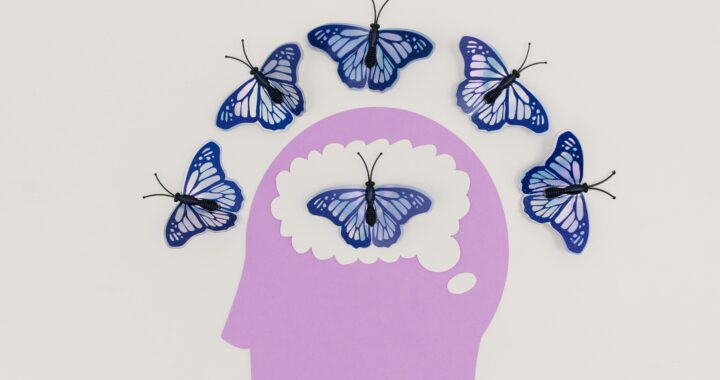
Neurofeedback: Train your brain like a muscle
In recent years, many cool techniques have been developed for brain research and for the treatment of all kinds of psychological and neurological disorders — such as focused ultrasound, deep brain stimulation, or laminar fMRI. Another brand-new method is neurofeedback, where you receive direct feedback about your brain activity and can thus create immediate connections between the inside and outside of your skull. This offers a new way to gain direction and control in your brain.








